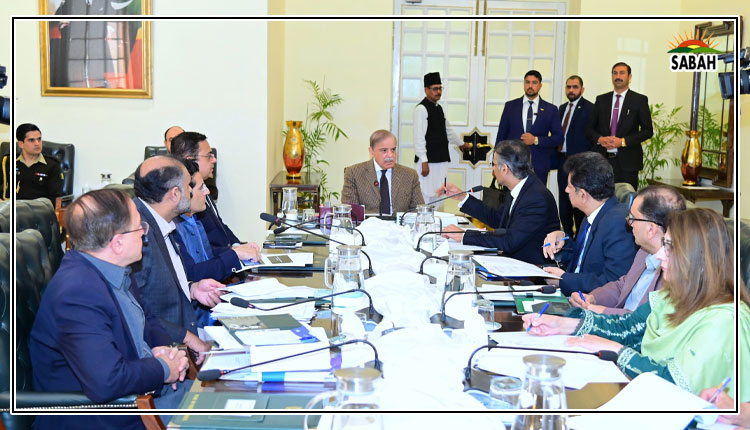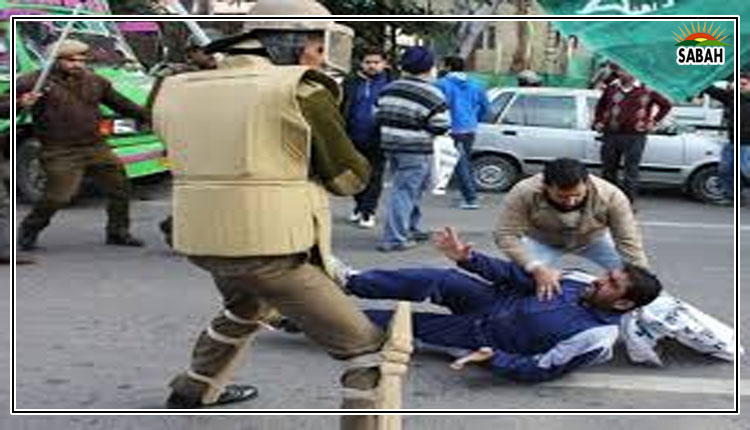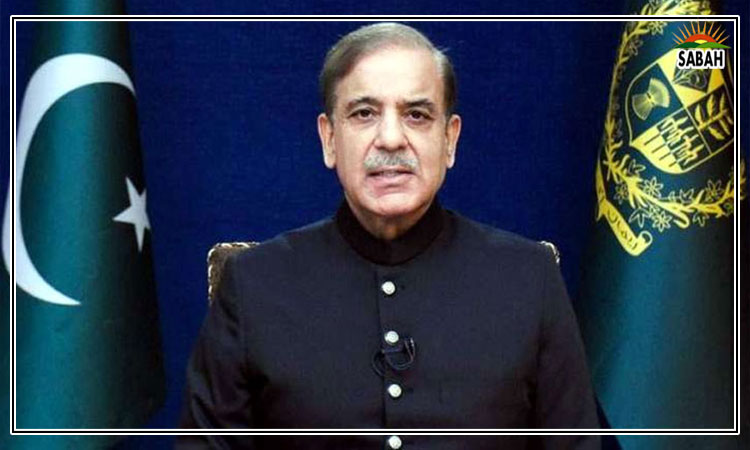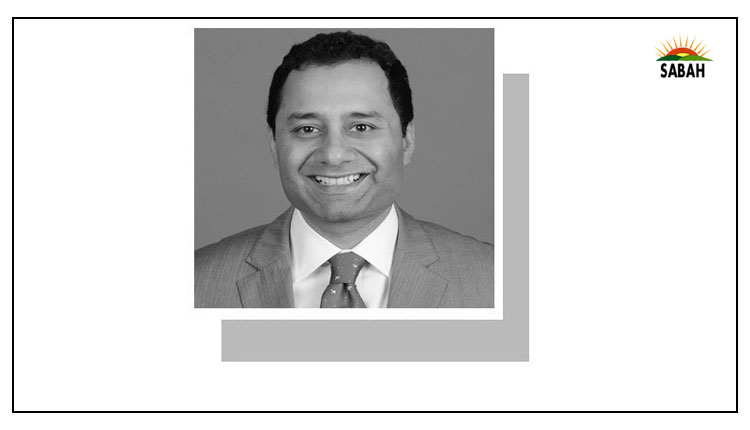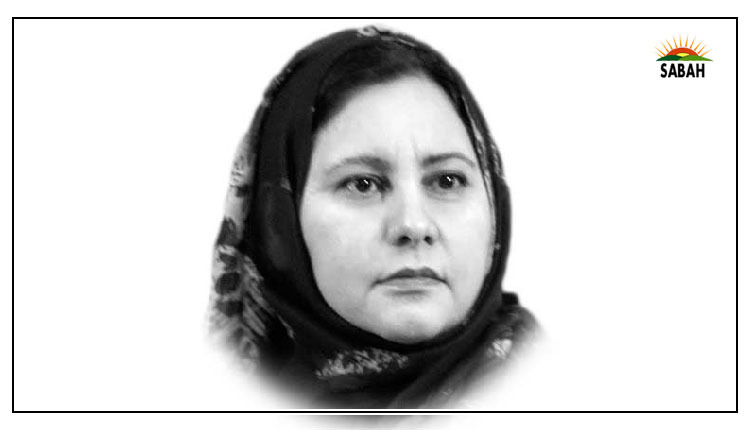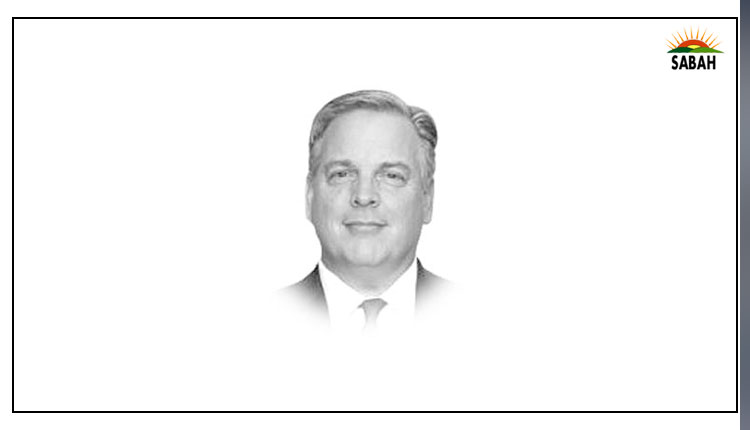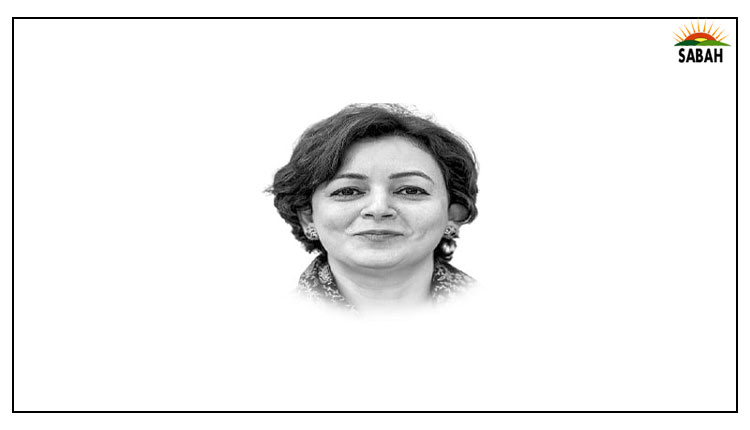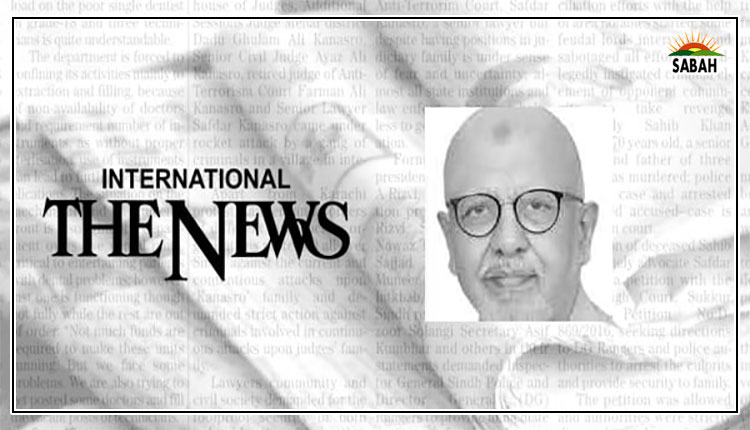After the transition…Farhan Bokhari
The futility of Pakistans upcoming elections is becoming increasingly clear, as the main contenders gear up without detailed plans to steer the country out of its prevailing crises.
While the electoral race is set to heat up in the coming days, there is a paucity of detailed plans from key political players to tackle Pakistans toughest headwinds. Together, matters such as the future of the economy, security in all its forms, governance and the very future of democracy remain at the heart of Pakistans outlook and its ability to stabilize for the long term.
The run-up to the polls and how elections are held, though still central to Pakistans democracy, nevertheless lives at risk of becoming a side show once a new government is installed. More centrally for the future, exactly how a new government will tackle prevailing challenges remains the key issue.
Never before has Pakistan come as close to its first ever default on its debt payments as earlier this year, drawing comparisons to Sri Lanka.
There has been a noticeable downwards slide across Pakistan during the past two decades since the country embarked upon an ill-conceived devolution plan. The exercise ended up partially dismantling the once relatively tried and tested administrative order down to the divisional, district and tehsil level. But nothing to substitute the post devolution gap has been installed to stabilize the country as its structure of governance has been brutally weakened.
Notwithstanding Pakistans continuously downwards journey over its previous decades, the race among the countrys main political players to grab power comes with a glaring gap.
On the face of it, the political journey undertaken by the likes of the PML-N or the PPP or some of the more peripheral political players, remains detached from the biggest pitfalls surrounding the countrys future. Separately, the PTI led by Imran Khan for now remains tangled in numerous legal challenges while the leader remains in prison. It is unclear when and if the PTI will get a chance at rehabilitation, before it faces questions over its future policies.
Ahead of the upcoming elections, Pakistans political parties face formidable questions over their handling of three pivotal areas: First, Pakistans continuously sliding security conditions can easily be divided into challenges of physical security versus human security. Tackling physical security requires a revamp of structures of governance that dictate policing across Pakistan in the urban and rural domains.
In previous decades, policing structures have suffered from challenges such as excessive politicization of the police that led to diluting the authority at the top tiers of the institution. Frequent replacement of police officers has not only frittered away the sanctity of what ought to have been guaranteed tenures but also weakened the authority of decision-makers and exposed them in the eyes of their subordinates as no more than paper pushers.
Meanwhile on the matter of human security, the state must reinforce its commitment to provide basic essential services, notably education, healthcare and opportunities for earning a living. At a time when Pakistans finances are riddled with excessive weight of foreign and domestic debts, creating social services and jobs remains a formidable hurdle. Yet, a reinvigoration exercise must reform the countrys agriculture sector to enhance incomes of the farming communities across Pakistan. This objective must be tied to revitalization of opportunities for industrial growth to provide jobs across the industrial sector. Unlike the past when governments created vast numbers of public sector jobs, the objective for the future must rest upon the creation of a conducive environment that leads to the creation of fresh jobs.
Second, Pakistan cannot afford to delay reforms that overhaul the countrys framework for collection of taxes. Unlike the past, Pakistan cannot afford to allow sacred cows to remain immune from paying their dues. In tandem, a future government must dramatically cut wasteful expenditures wherever possible as Pakistan can ill afford to run high fiscal deficits in times to come. Other bold initiatives such as ending losses in government owned businesses are essential to instead spend the resultant savings on the people of Pakistan.
Finally, Pakistans future will remain saddled with recurring uncertainty and its dangerous consequences unless the countrys future leaders decide how best to stabilize its democratic framework. Over time, Pakistans federal and provincial legislative structures have become dominated by a narrow elite with representation from its agricultural and business classes. Consequently, the spirit of democracy has been badly compromised.
In sharp contrast to the ideal spirit of tolerance of dissent, the countrys successive elected rulers have only made a winner takes all choice. But going forward, a new prime minister and his or her team will need to build a broad consensus across Pakistan as they face up to the most formidable test in the countrys history, more than seven decades after it was created.
Courtesy The News



